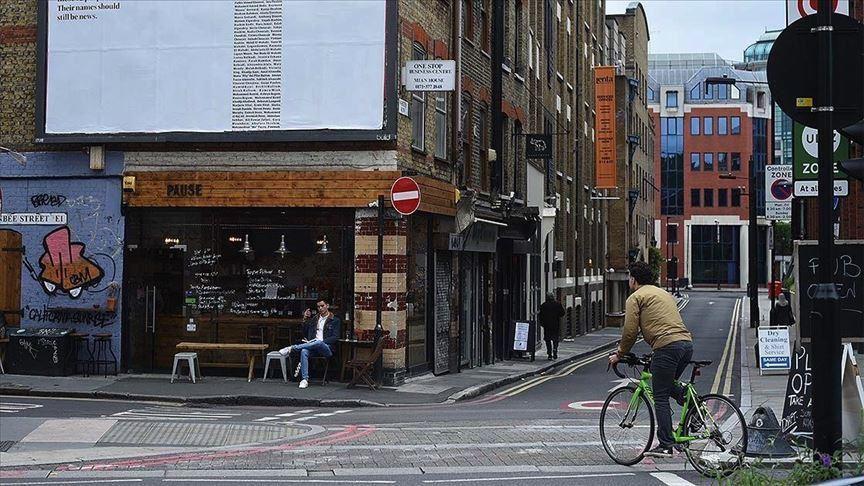
A progressive British think tank warned that almost 3 million jobs could be lost as the government’s coronavirus job support scheme is withdrawn, the Observer reported on Aug. 16.
The Institute for Public Policy Research (IPPR) warned that when the government furlough scheme ends in October, the U.K. could see levels of unemployment “not seen since the Great Depression of the 1930s.”
The Office for National Statistics reported last week that the economy shrank 20.4%, plunging Britain officially into the deepest recession of any G7 nation.
Clare McNeil, the institute’s associate director, told The Observer: “The chancellor has said he will never accept unemployment as an unavoidable outcome. But by ending the job retention scheme too early, and with no plan for protecting jobs in local lockdowns or a second wave, that is precisely what is happening.”
The IPPR said 1 million jobs would be lost in any event, but the other jobs could be saved if a successor scheme to the furlough program is set up focusing on creating sustainable jobs in the hospitality, entertainment, and construction sectors.
The think tank suggested a new government program that would encourage employers to keep on their employees part-time, where the government would pay 10% of wages for the hours the employee works part-time, and 60% of wages of hours they do not work.
Shadow Chancellor Anneliese Dodds said the report confirmed that an end to the furlough scheme would “plunge the country even further into a jobs crisis.”
“We’ve already seen nearly three-quarters of a million jobs lost since March, and now millions more risk being lost if the government doesn’t change course,” she said.
Last week, Chancellor Rishi Sunak told the BBC that extending the government’s furlough scheme was wrong, as it trapped people in unsustainable jobs.
“It is wrong to keep people trapped in a situation and pretend there is always a job that they can go back to, that won’t always be the case,” he argued.
“In those situations it’s better we look forward and provide those people with new opportunities.”